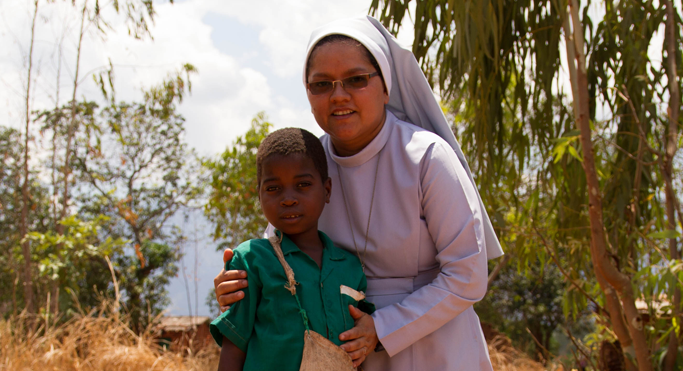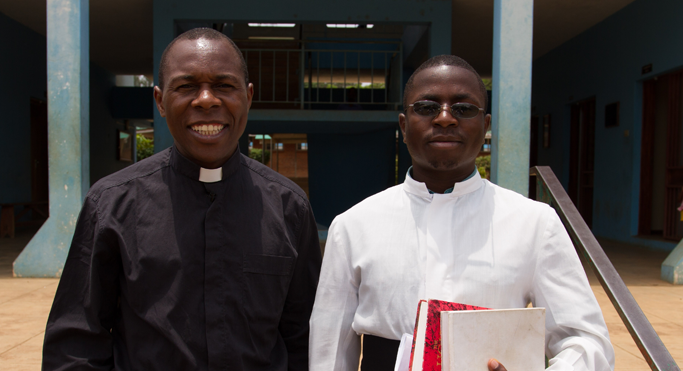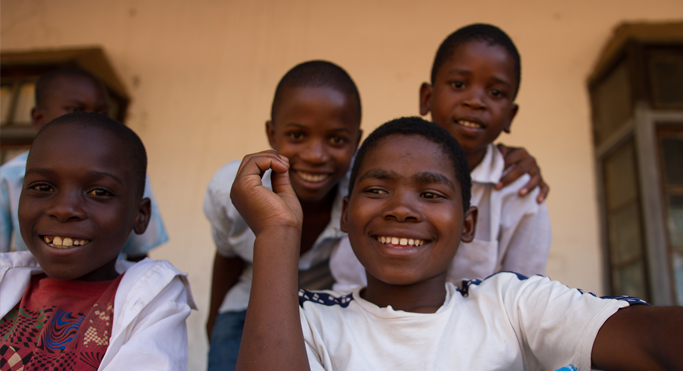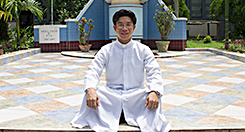Missionaries always need to adapt to best meet the needs of the people they serve, and Missio is always looking for ways to help. You’ve heard of Priests travelling by motorbikes and bicycles to meet their congregations. But in the diocese of Wewak, in the north of Papua New Guinea, the Word of God travels mainly by canoe…
The vast island of New Guinea is the third largest in the world. The western part of it belongs to Indonesia, while Papua is an independent state.
Priests, missionaries, Sisters and catechists need boats to reach the Indigenous communities, most of whom are poor and dispersed in the remotest area. They bring the sacraments, the gift of the Gospel, and material help via the Sepik River or by sea.
National Director of Missio in Papua, Fr. Victor Roche SVD, says this is characteristic of mission on the Island. An Indian missionary of the Society of the Divine Word, who has been living and serving in Papua New Guinea since 1981, Father Victor remembers:
‘As a parish priest, I knew the names of my 3,000 parishioners. It also took me three days to travel to some isolated villages. We celebrated baptisms at Christmas and Easter. It is a very enriching missionary experience that other parish priests and confreres are now continuing.’
There are around 70 missionaries present today in Papua New Guinea.
The best ways to gather
Where travel isn’t easy, Fr Victor and the missionaries of Papua New Guinea are continually looking for ways to reach and support their communities. Fr Roche is passionate about using the airwaves where physical gathering is impossible or impractical. He previously spent eight years as director of the Catholic radio station, Trinity FM, which is based in Mount Hagen (Papua’s third largest city). He explains:
‘In our region, the use of the radio is very important as a means of evangelization; we use it both to broadcast liturgies and catechesis, and for programs where young people can speak and discuss current issues and values regarding faith and life.’
The joy of ‘being with’
Fr Victor continues:
‘Our mission here today is above all a ‘being with’. Certainly, we carry out pastoral programs of formation and for lay people and catechists who are important; we organize a course of formation, we take care of children, we are active in charitable works and in the field of education.
‘But we see that the crucial aspect of mission is the joy of sharing the Gospel. It is the joy of being with people in remote villages, simple people who are moved in prayer and in receiving the Eucharist. At the beginning of November, the first Mass was celebrated in a chapel built in the village of Kotai. It was a moment of deep community joy in which the Lord made himself present among us.
‘We live with all our difficulties in Papua, a mission that gives hope because it is founded on Christ who is the rock and on the joy of his Gospel’.
A long history of mission
Father Roche remembers with passion and emotion the first missionaries of the Divine Word who arrived in Papua New Guinea, in Alexishafen on August 13, 1896. From there, they went to the island of Tumleo, near Aitape, to begin missionary work in simplicity.
Verbiti missionaries were instrumental in the evangelization of Papua New Guinea in the early 19th century. Their members, who came from Germany and the United States, then spread over this vast territory, founded several missions.
Many pioneer missionaries were martyred, and during World War II the missionaries were persecuted by the Japanese occupiers. American missionaries were exiled to Australia and German missionaries faced restrictions. More than 100 missionaries of the Divine Word, were taken prisoner and martyred on the ships Akikaze and Yorishime Maru.
The example and testimony of those missionary martyrs, says Fr Vincent, ‘is always an inspiration for us, in the tireless gift of our lives for the proclamation of the Gospel’.
Msgr. Jozef Roszynski SVD, a Polish missionary and Bishop of Wewak, thanks Missio’s contributions to the mission in Papua New Guinea, which has helped purchase boats and engines for the canoes.
With help from Missio worldwide, priests and catechists of the diocese can more easily meet people living on the banks of rivers and streams, in the vast river system that crosses the territory. The Bishop says:
‘The joy of these faithful to frequently receive the Eucharist, or to celebrate the Marian procession on the river, is priceless. Even the Virgin travels by boat!’
Support our work
Missio is a global family of missionary societies, which supports every mission diocese throughout the world. With your help, we can ignite God’s love through spiritual and material help for those who need it most.
- If you are able, please consider donating to support our work here>>
- Your prayers help and sustain missionaries in their work. Find all the ways to pray with Missio>>
- Could you give your time for Missio? Find out more about volunteering here>>
- We’re on a mission to raise funds for mission! Fundraising is a great way to turn a lot of little contributions into a great big total! Get inspired to fundraise with your school, parish or community here>>

